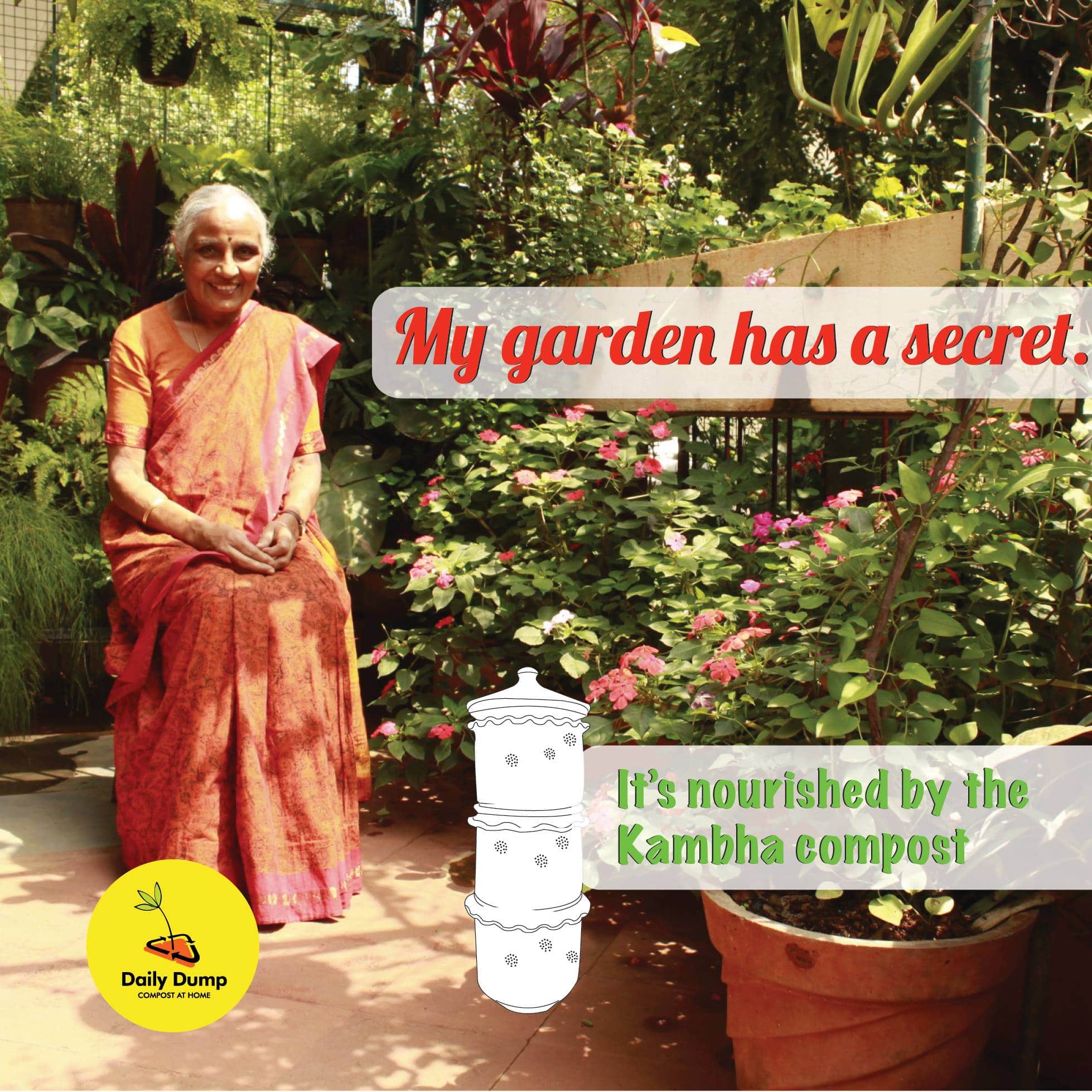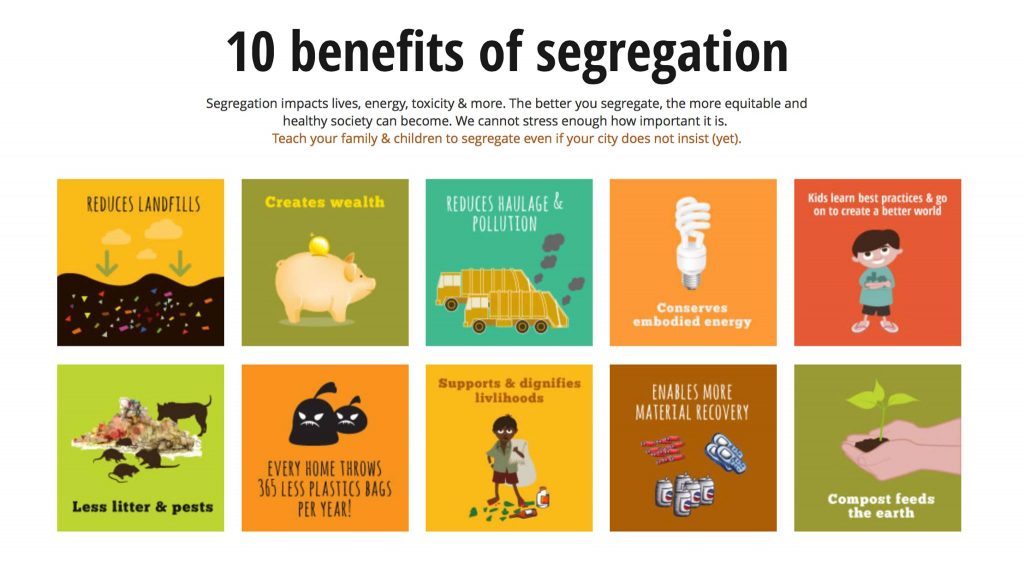World Environment Day was celebrated yesterday with an increased focus on reducing single-use plastic. Titled ‘Beat Plastic Pollution’, this year’s theme revolved around ways to reduce plastic consumption by making simple lifestyle changes.
In India, Prime Minister Narendra Modi announced that the country would seek to eliminate all single-use plastics by 2022. India also announced that it would clean-up 100 of its historic monuments, including the iconic Taj Mahal.
Against this backdrop, we conducted a poll on our Twitter handle asking our followers whether they can go the entire day without using #singleuseplastic? We received an overwhelming response with about 75% respondents saying a big yes!
So, are you wondering how you can reduce your plastic consumption as well? Well, Daily Dump has the answer for you.
A social enterprise, Daily Dump offers products that can turn all your leftovers and other organic waste into manure. We spoke to Marcy Newman, Outreach Lead of Daily Dump for some interesting insights.
Here are the excerpts.
What is Daily Dump all about? What products and solutions do you offer?
Daily Dump is a social enterprise based in Bangalore dedicated to changing people’s perceptions about ‘waste’. Established in 2006, our vision is to constantly reimagine our relationship with the earth, with each other, and with our urban spaces.
Essentially, we are in the mindset-changing business – mindsets about waste, about marginal livelihoods, and about whose job it is to take care of the waste.
We are a design-led brand – a pioneer in designing and building products and services for decentralised waste management in homes, communities, offices, temples, and public spaces.
Our range of segregation products, composters, books, services and more, reflect our mission to enable everyone to be more environmentally conscious.
“Our objective is to reduce waste, improve material recovery, enable better livelihoods and to achieve this through the voluntary collective action of urban citizens.”

Can you share some statistics about how much waste is produced in Bangalore every month/year?
You will be shocked!
Bangalore alone produces 6,233 tonnes of waste per day, which is 186,990 tonnes of waste per month, and 2,275,045 tonnes of waste per year.
About 60% of this is wet (organic) waste that can be turned into rich manure to help plants and trees grow in the city.
“At present, 3,739 tonnes of wet waste is being sent to Bangalore landfills every day, which translates to 1,365,027 tonnes of wet waste every year.”
And an additional 20% of that waste going to the landfill is recyclable materials that can help our economy and our environment.
Wondering how to help? Well, just take all the plastic and other waste from your home to the Dry Waste Collection Centre in your ward.
What are some simple tips to manage waste at home?
- First thing first, buy less! Go for products with less packaging. Also, carry cloth bags for grocery shopping.
- Avoid junk food as much as possible.
“Just because we’re not making waste in our own homes doesn’t mean we’re not contributing to the problem.”
- Switch to steel and glass containers in the kitchen. Replace plastic water bottles with copper bottles.
- Segregate household waste and compost the wet garbage. Do not throw plastics into the dustbin. Instead, ensure that plastic reaches the recycling units near your home.

- Instead of garbage bags, use newspapers or biodegradable bin liners.
- Make choices about where you go to eat. Select restaurants that do not use disposable plastic plates, straws, utensils, and napkins.
Pro tip: Keep such accessories in your purses or backpacks to use them when you wind up eating out on a whim. - For parties, make a point to use biodegradable plates, bowls, spoons, and cups. Remember, every small step counts.
- At home or at the office, probably the most important thing we can do is start composting. With just your kitchen waste, you can help reduce the number of materials you are sending to the landfill by 60% every day.
“Composting your kitchen waste takes less time than it does to brush your teeth each day.”
What is your dream for the planet?
Get everyone to compost! If everyone composts and shares that rich, nutritious resource with the soil, we can not only keep waste out of landfills but can also help fight climate change.
Our dream is that India signs the French 4 p 1,000 initiative to put 4% of our compost back into the earth to help heal our soil.
If we can create enough of an urban community committed to composting, we envision a pipeline sending our compost to farms outside each Indian city that will significantly help them grow nutritious and organic vegetables and fruits.
All of this is possible if we just rethink how we look at eggshells or that watermelon rind!
Further Reading:
- Find out how green buildings can change the real estate landscape
- The 7 things your local association can do to reduce pollution
- Check out the UN’s website for live updates on World Environment Day






What is the statistics of plastic waste production in Bangalore everyday from various sectors like industrial, commercial and residential? And it’s management.